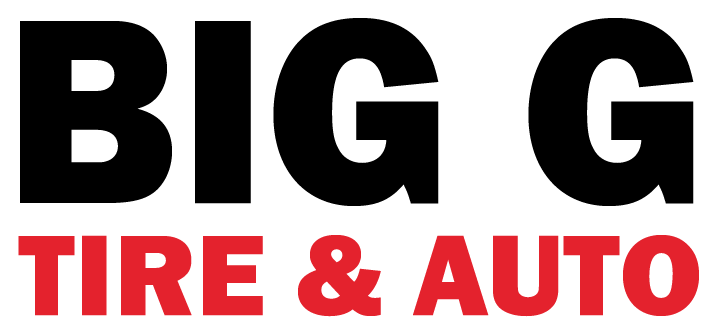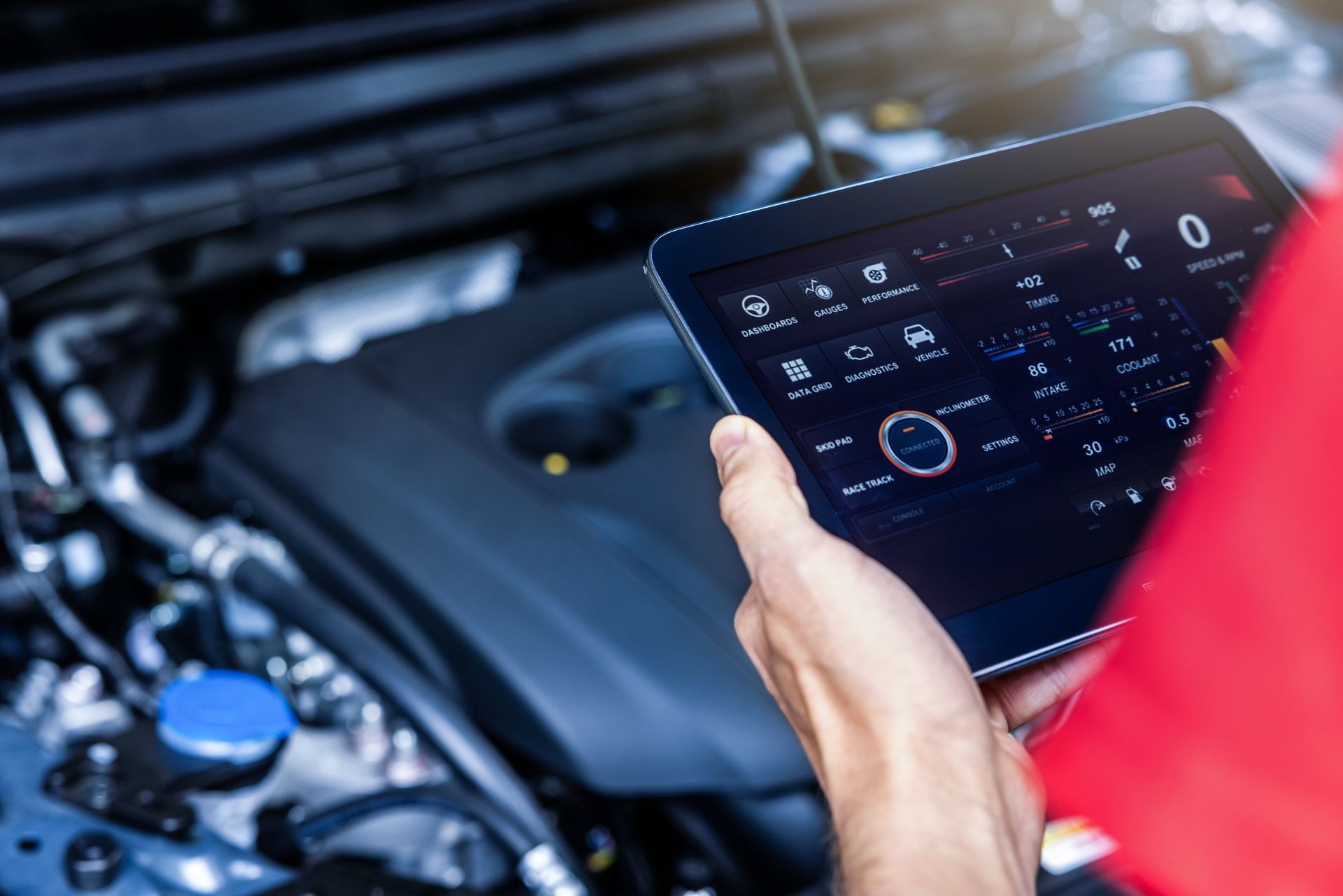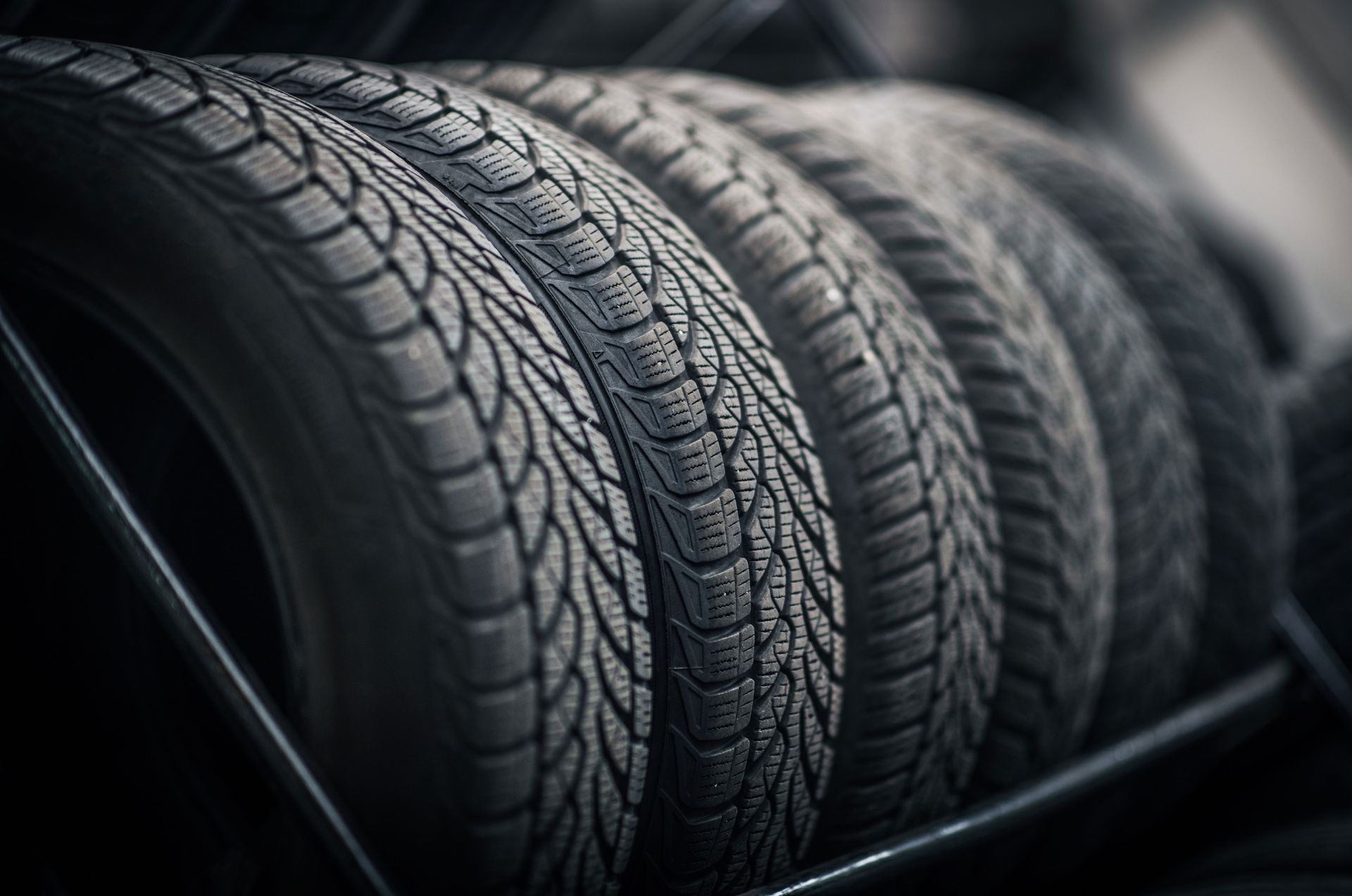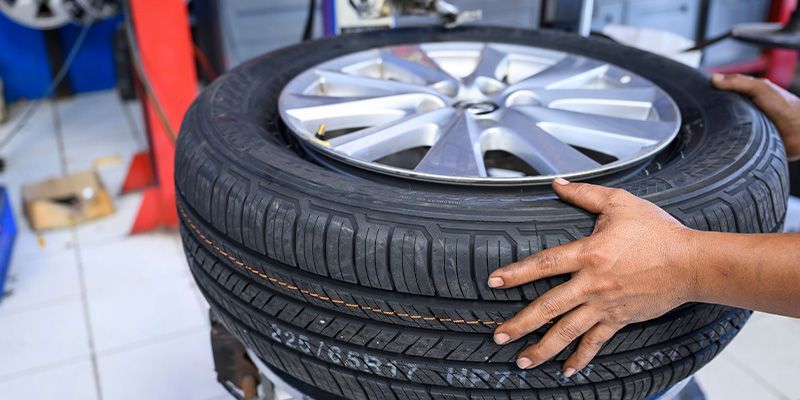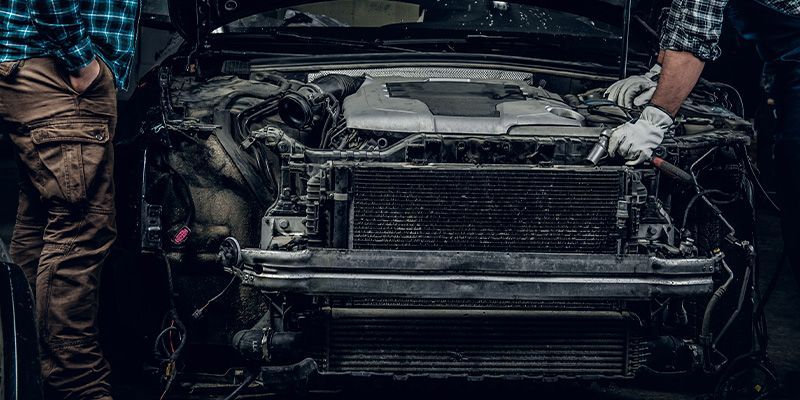What to Expect During a PA State Vehicle Inspection
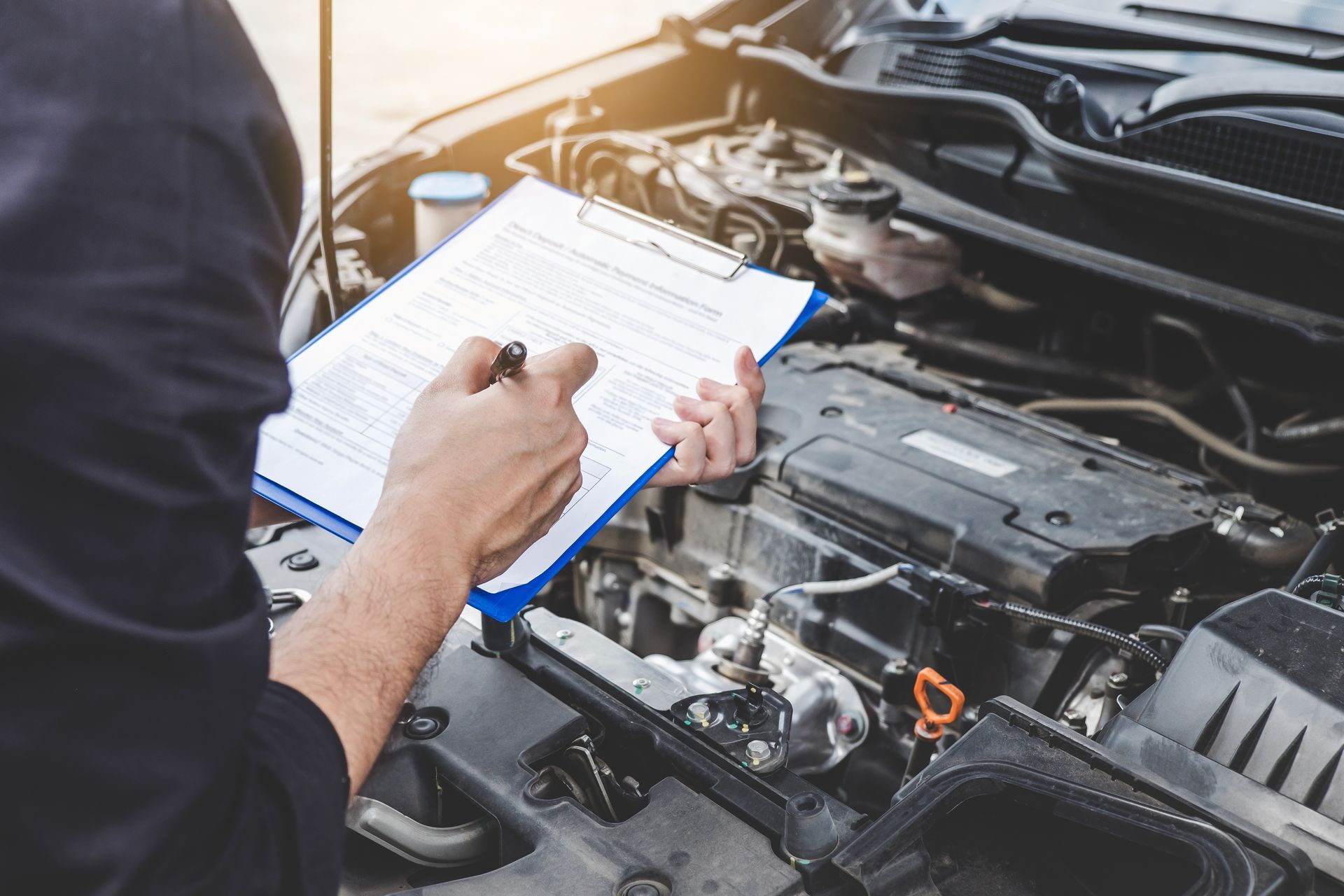
What to Expect During a PA State Vehicle Inspection
Navigating the process of a PA state vehicle inspection can seem daunting.
Understanding what to expect can help ease any anxiety.
This article aims to guide you through the process. We'll cover everything from the requirements to the potential outcomes.
Whether you're a seasoned vehicle owner or a first-time registrant, this guide is for you.
We'll provide a comprehensive overview of the PA auto inspection process. This includes safety inspections, emissions inspections, and more.
By the end of this article, you'll be well-prepared for your next PA vehicle inspection.
Understanding PA State Vehicle Inspection Requirements
In Pennsylvania, vehicle inspections are a legal requirement. They ensure that all vehicles on the road meet safety and emissions standards.
The frequency of these inspections depends on the type of vehicle. Most vehicles require an annual inspection. However, some commercial vehicles may need semi-annual inspections.
It's important to note that inspections are separate from vehicle registration. However, a valid inspection is often required for registration renewal. Understanding these requirements can help you stay compliant and avoid penalties.
Safety Inspection vs. Emissions Inspection: What's the Difference?
Safety inspections and emissions inspections are two distinct parts of the PA state vehicle inspection process. Each serves a unique purpose in maintaining the safety and environmental standards of Pennsylvania's roads.
A safety inspection focuses on the vehicle's operational aspects. It checks for any issues that could pose a risk to the driver, passengers, or other road users. The inspection covers a wide range of vehicle components, including:
- Brakes
- Lights
- Horn
- Tires
- Windshield wipers
- Suspension system
- Exhaust system
On the other hand, an emissions inspection is all about the environment. It checks the amount of pollutants your vehicle emits. This inspection is crucial in Pennsylvania's efforts to improve air quality and public health. It's worth noting that not all vehicles require an emissions inspection. The requirements vary based on the vehicle's age, type, and location of registration.
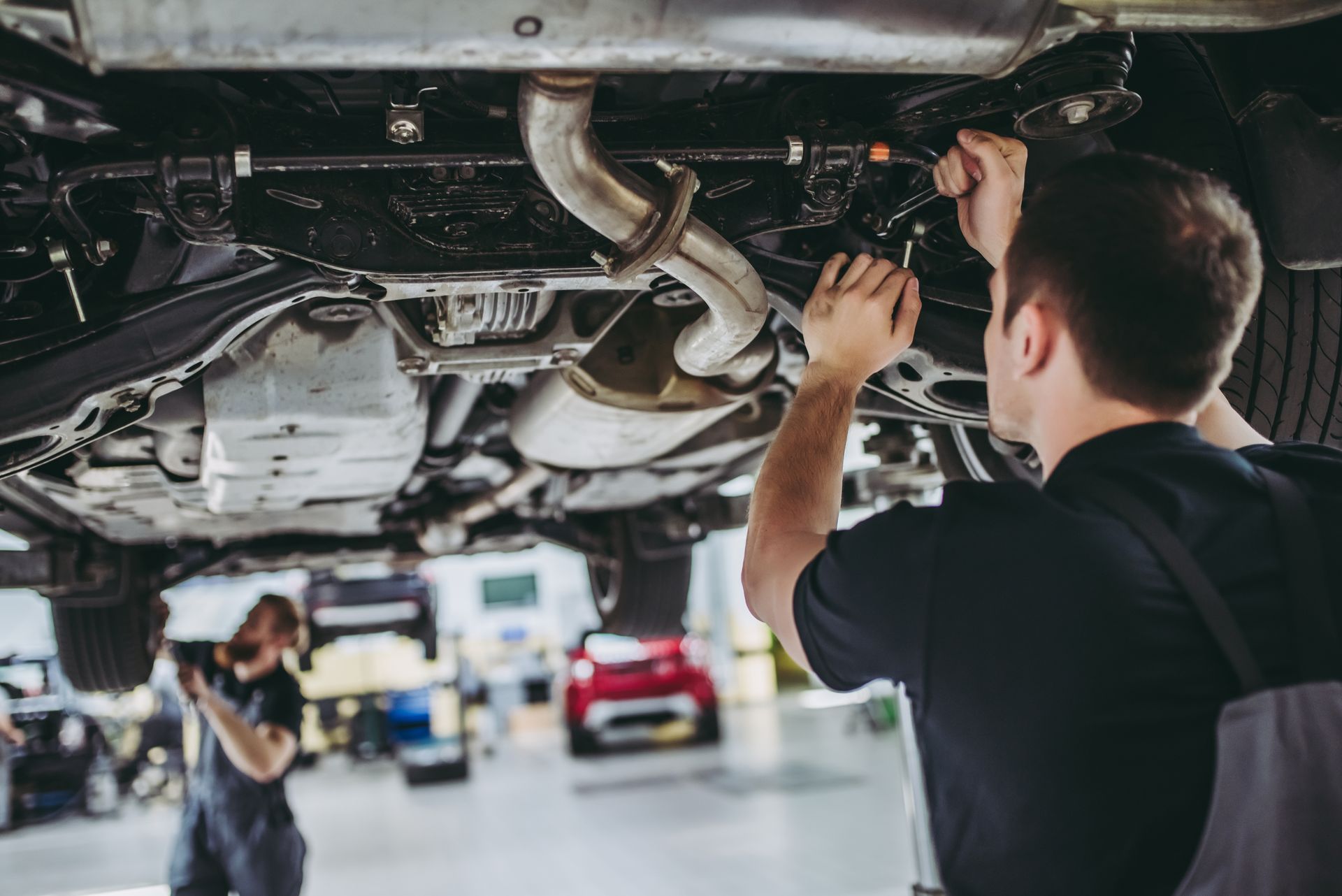
Locating a Licensed PA State Vehicle Inspection Station
Finding a licensed PA state vehicle inspection station near you is a straightforward process. The Pennsylvania Department of Transportation (PennDOT) provides a comprehensive list of approved inspection stations on their website.
It's important to choose a reputable station to ensure a thorough and accurate inspection. Consider factors such as customer reviews, the station's experience, and their familiarity with your vehicle's make and model. Remember, a good inspection can help you avoid potential safety issues and costly repairs down the line.
Preparing for Your Vehicle Inspection: Documentation and Checklist
Before heading to the inspection station, ensure you have all the necessary documentation. This typically includes your vehicle registration, proof of insurance, and your driver's license.
It's also a good idea to perform a pre-inspection check of your vehicle. This can help you identify any potential issues that might cause your vehicle to fail the inspection.
Here's a basic checklist to guide you:
- Check your vehicle's lights, including headlights, brake lights, and turn signals.
- Inspect the tires for adequate tread depth and proper inflation.
- Ensure your windshield wipers are functioning properly.
- Check for any fluid leaks.
- Make sure your horn works.
- Verify that your vehicle's mirrors are intact and properly adjusted.
By preparing in advance, you can increase the chances of your vehicle passing the PA state vehicle inspection on the first attempt.
The Inspection Process: What Inspectors Check
During a PA state vehicle inspection, the inspector will examine various parts of your vehicle to ensure they meet state safety standards. This process is thorough and covers many aspects of your vehicle's condition.
The inspector will first check the exterior of your vehicle. This includes the body, mirrors, lights, and tires. They will look for any damage or wear that could affect the vehicle's safety or performance.
Next, the inspector will examine the interior of your vehicle. They will check the seat belts, airbags, and other safety features. They will also ensure that the vehicle's controls and indicators are functioning properly.
The inspector will then move on to the under-the-hood inspection. This involves checking the engine, battery, and fluid levels. They will also inspect the vehicle's brakes, steering, and suspension systems.
Finally, the inspector will perform an emissions test if it's required for your vehicle. This test checks the amount of pollutants your vehicle emits. It's an important part of the inspection process, as it helps protect the environment.
Understanding what inspectors check can help you prepare your vehicle for the inspection and increase the chances of it passing.
If Your Vehicle Fails: Understanding the Consequences and Next Steps
If your vehicle fails the PA state vehicle inspection, it's important to understand the next steps. You will be given a report detailing the reasons for the failure. This report will guide you on what needs to be fixed.
You will need to have the necessary repairs done and then have your vehicle re-inspected. It's crucial to address these issues promptly. Driving a vehicle that hasn't passed inspection can result in fines and penalties.
Remember, the goal of the inspection is to ensure your vehicle is safe to drive. So, taking the necessary steps after a failed inspection is crucial for your safety and the safety of others on the road.
Maintaining Your Vehicle Post-Inspection
Once your vehicle has passed the PA state vehicle inspection, it's important to keep up with regular maintenance. This includes regular oil changes, tire rotations, and brake checks.
Staying on top of these tasks will not only help your vehicle pass future inspections but also extend its lifespan. Remember, a well-maintained vehicle is a safer vehicle.
Share Our Blog With Others On Social Media!
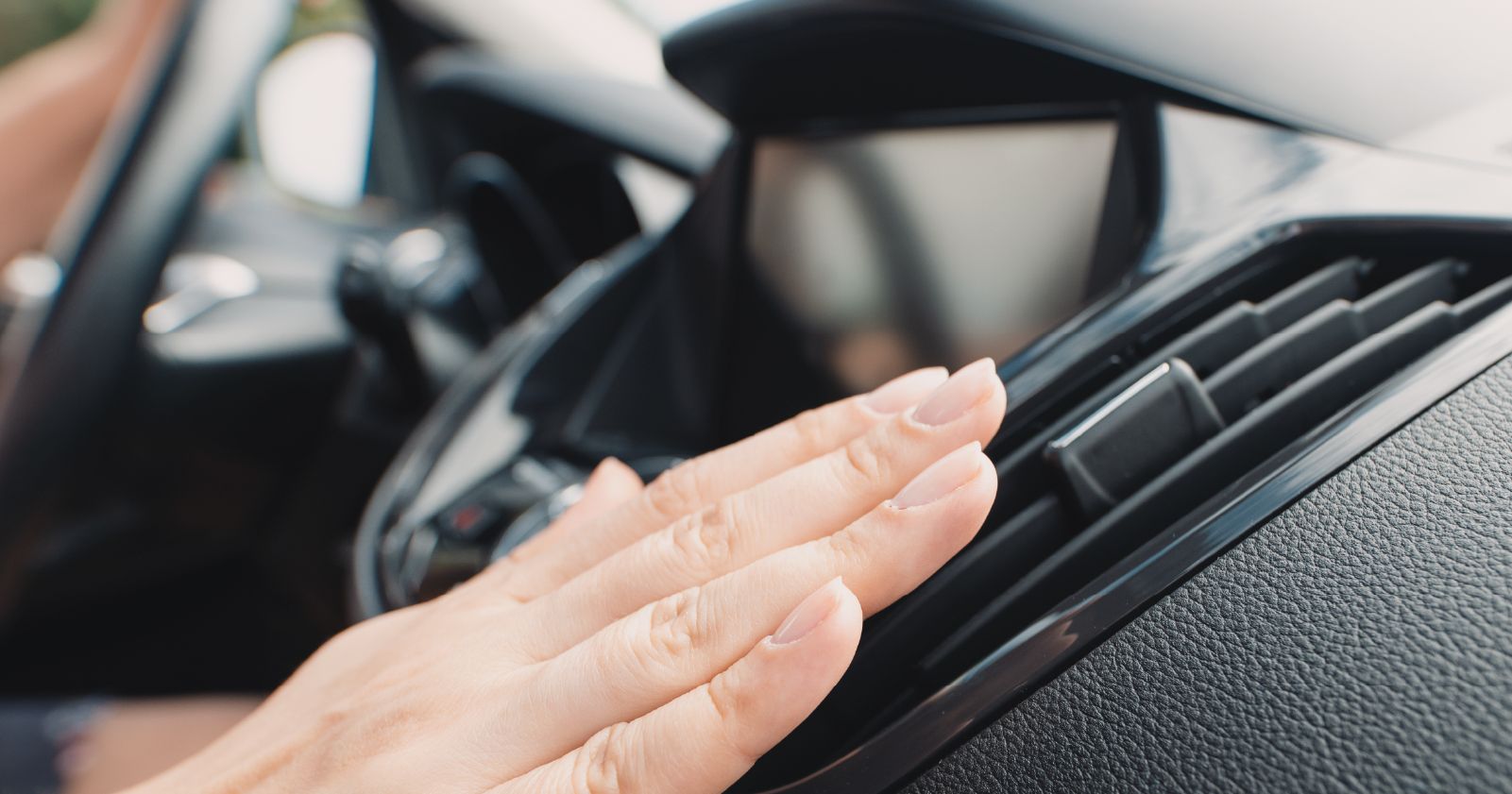
Bridgeville
1110 Washington Pike, Bridgeville, PA 15017
Bridgeville - Hours
- Mon - Fri
- -
- Sat - Sun
- Closed
Monongahela
501 West Main Street, Monongahela, PA 15063
Monongahela - Hours
- Mon - Thu
- -
- Friday
- -
- Sat - Sun
- Closed
